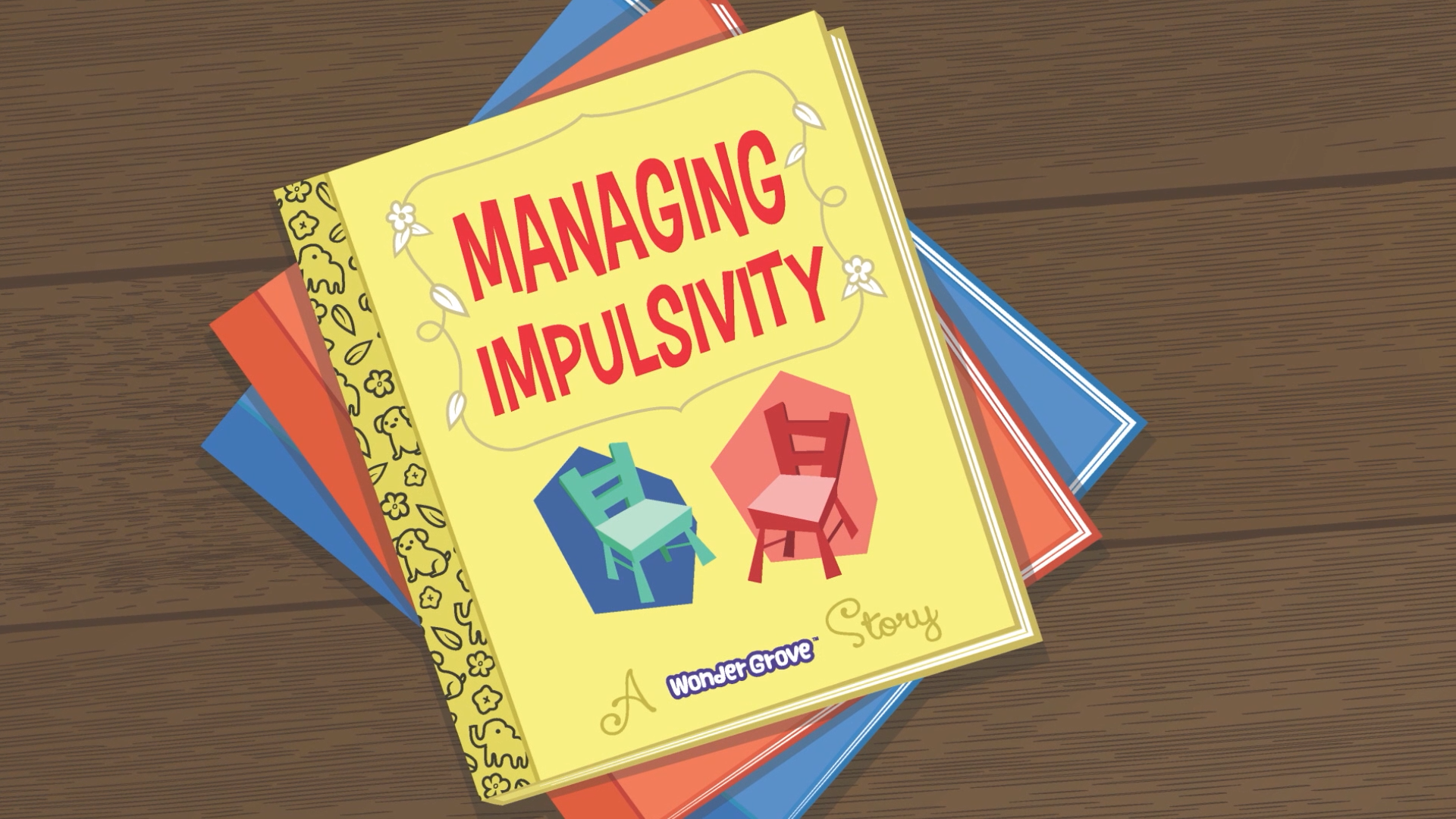Managing Impulsivity as a Mental Health Skill for Grades K-3
Teaching children in elementary school about managing impulsivity is indeed a mental health skill because it directly contributes to their overall well-being and emotional development. Impulsivity refers to acting without thinking, often resulting in impulsive behaviors or reactions. It can have negative consequences on a child's social relationships, academic performance, and mental health.
Here's how teaching children to manage impulsivity can be considered a mental health skill:
Emotional regulation: Impulsivity often stems from difficulty in managing and regulating emotions. By teaching children to recognize and understand their emotions, they can learn to respond thoughtfully rather than impulsively. This skill promotes emotional well-being and helps children develop healthier coping strategies.
Self-control: Impulse control is an essential aspect of self-control. By teaching children strategies to pause and think before acting, they can learn to make more deliberate decisions, resist impulsive urges, and consider the potential consequences of their actions. Developing self-control helps children build resilience and make better choices for their mental and emotional health.
Social interactions: Impulsivity can negatively impact social interactions, leading to conflict, misunderstandings, and strained relationships. Teaching children how to manage their impulses helps them develop social skills such as active listening, empathy, and considering others' perspectives. This enables healthier communication and fosters positive relationships, contributing to their mental well-being.
Academic performance: Impulsivity can interfere with a child's ability to concentrate, follow instructions, and complete tasks. By teaching children strategies to manage their impulses, they can improve their focus, attention span, and organizational skills. These skills are crucial for academic success and can positively impact their self-esteem and mental well-being.
Stress management: Impulsive reactions can be driven by stress and anxiety. By teaching children healthy ways to cope with stress, such as deep breathing, problem-solving, or seeking support, they can reduce impulsive behaviors triggered by heightened emotions. Effective stress management skills promote mental resilience and overall psychological well-being.
Overall, teaching children about managing impulsivity in elementary school equips them with essential mental health skills that contribute to their emotional development, social interactions, academic performance, and stress management. By promoting self-control and emotional regulation, educators can support children in building a solid foundation for their mental well-being, both during their school years and throughout their lives.

